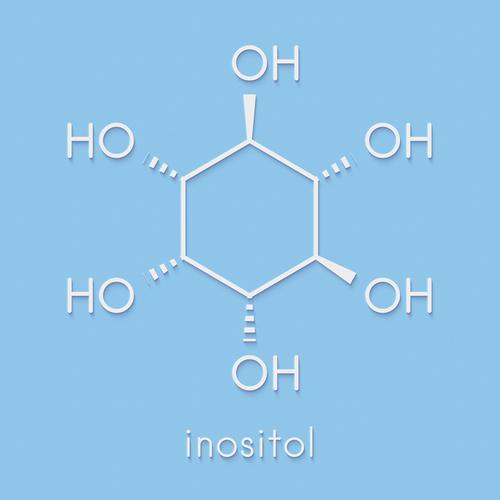
Inositol
Scientific names: Hexahydroxycyclohexane, D-chiro-inositol, (+)-chiroinositol, (1S)-inositol
Alternative names: Antialopecia Factor, Cyclohexitol, Dambrose, D-Myo-Inositol, Facteur Anti-alopécique, Inose, Inosite, Inositol Monophosphate, Lipositol, Meso-Inositol, Méso-Inositol, Monophosphate d'Inositol, Mouse Antialopecia Factor, Myo-Inositol, Vitamin B8
Actions: Anti-carcinogenic, Central nervous system (CNS), Dermatologic, Insulin sensitizing
Background
Inositol is a sugar made in the body and found in foods. It can be found in nine forms. Myo-inositol and D-chiro-inositol are most common in supplements.
Inositol might balance certain chemicals in the body to help with mental conditions such as panic disorder, depression, and obsessive-compulsive disorder. It might also help insulin work better.
People use inositol for metabolic syndrome, polycystic ovary syndrome (PCOS), and for reducing the risk of preterm birth. It's also used for insomnia, bipolar disorder, PTSD, and many other conditions, but there is no good scientific evidence to support most of these uses.
Don't confuse inositol with inositol nicotinate or IP-6. These are not the same.
Inositol might balance certain chemicals in the body to help with mental conditions such as panic disorder, depression, and obsessive-compulsive disorder. It might also help insulin work better.
People use inositol for metabolic syndrome, polycystic ovary syndrome (PCOS), and for reducing the risk of preterm birth. It's also used for insomnia, bipolar disorder, PTSD, and many other conditions, but there is no good scientific evidence to support most of these uses.
Don't confuse inositol with inositol nicotinate or IP-6. These are not the same.
Safety Safety definitions
When taken by mouth: Inositol is possibly safe for most adults when used for up to 10 weeks. It might cause diarrhea, gas, and nausea in some people.
When applied to the skin: There isn't enough reliable information to know if inositol is safe or what the side effects might be.
Breast-feeding: There isn't enough reliable information to know if inositol is safe to use when breast-feeding. Stay on the safe side and avoid use.
Children: Inositol is possibly safe when taken by mouth for up to 12 weeks in children ages 5-12 years old.
When applied to the skin: There isn't enough reliable information to know if inositol is safe or what the side effects might be.
Special Precautions & Warnings:
Pregnancy: Inositol is possibly safe when taken by mouth, short-term. Doses of up to 4000 mg of myo-inositol daily have been used with apparent safety.Breast-feeding: There isn't enough reliable information to know if inositol is safe to use when breast-feeding. Stay on the safe side and avoid use.
Children: Inositol is possibly safe when taken by mouth for up to 12 weeks in children ages 5-12 years old.
Effectiveness
NatMed Pro rates effectiveness based on scientific evidence according to the following scale: Effective, Likely Effective, Possibly Effective, Possibly Ineffective, Likely Ineffective, Ineffective, and Insufficient Evidence to Rate.
Possibly effective Effectiveness definitions
- A grouping of symptoms that increase the risk of diabetes, heart disease, and stroke (metabolic syndrome). Taking inositol by mouth, with or without alpha-lipoic acid, seems to improve insulin resistance, cholesterol, triglycerides, and blood pressure in people with metabolic syndrome.
- A hormonal disorder that causes enlarged ovaries with cysts (polycystic ovary syndrome or PCOS). Taking inositol by mouth seems to lower triglyceride levels, decrease blood pressure, and improve blood sugar, ovulation, and pregnancy rates in people with PCOS.
- Preterm birth. Taking inositol with folic acid by mouth during pregnancy seems to lower the risk of preterm birth in those who have a higher chance of developing diabetes during pregnancy.
Possibly ineffective Effectiveness definitions
- A sudden and serious lung condition (acute respiratory distress syndrome or ARDS). Giving myo-inositol by IV to premature babies with ARDS doesn't seem to help. In fact, it might be harmful. IV products can only be given by a healthcare provider.
- Anxiety. Taking inositol by mouth doesn't seem to improve symptoms of anxiety.
- Depression. Taking inositol by mouth doesn't improve symptoms of depression.
- Nerve pain in people with diabetes (diabetic neuropathy). Taking inositol by mouth doesn't seem to improve the symptoms of nerve pain caused by diabetes.
- An eye disorder in premature infants that can lead to blindness (retinopathy of prematurity). Giving myo-inositol by IV or by mouth to premature babies doesn't seem to lower the chance of developing retinopathy. In fact, it might increase the risk of death. IV products can only be given by a healthcare provider.
Dosing & administration
Inositol is a sugar alcohol found in foods such as cereals, corn, meat, citrus fruits, and legumes.
As medicine, inositol has most often been used by adults in doses of 1-4 grams by mouth daily. It's often taken together with 200-400 mcg of folic acid daily. Speak with a healthcare provider to find out what dose might be best for a specific condition.
As medicine, inositol has most often been used by adults in doses of 1-4 grams by mouth daily. It's often taken together with 200-400 mcg of folic acid daily. Speak with a healthcare provider to find out what dose might be best for a specific condition.
Interactions with pharmaceuticals
Medications for diabetes (Antidiabetes drugs)
Interaction Rating=Moderate Be cautious with this combination.
Inositol might lower blood sugar levels. Taking inositol along with diabetes medications might cause blood sugar to drop too low. Monitor your blood sugar closely.
Interactions with herbs & supplements
Herbs and supplements that might lower blood sugar: Inositol might lower blood sugar. Taking it with other supplements with similar effects might lower blood sugar too much. Examples of supplements with this effect include aloe, bitter melon, cassia cinnamon, chromium, and prickly pear cactus.
Interactions with foods
There are no known interactions with foods.
Products
View all productsRRP: $39.95$35.96Save: 10%
Create account
Per 3.75 g:
- Inositol 2 g
- Cinnamomum verum ext. 167.5 mg
- Magnesium citrate 970.8 mg equiv. magnesium 150 mg
- Chromic chloride hexahydrate 385.1 μg equiv. chromium 75 μg
- Manganese sulphate monohydrate 6.2 mg equiv. manganese 2 mg
- Zinc citrate dihydrate 31.1 mg equiv. zinc 10 mg
- Pyridoxine hydrochloride (Vitamin B6) 25 mg equiv. pyridoxine 20.6 mg
- Biotin 1.5 mg
- Chromium picolinate 199.9 μg equiv. chromium 25 μg
Practitioner product
Per 3 g:
- Inositol 2 g
- Chromium picolinate 201 µg equiv. chromium 25 µg
- Selenomethionine 186.27 µg equiv. selenium 75 µg
- Zinc citrate dihydrate 15.68 mg equiv. zinc 5 mg
- Chromic chloride hexahydrate 384.32 µg equiv. chromium 75 µg
- Quercetin dihydrate 250 mg
- Levomefolate calcium (Activated folate) 216.54 µg equiv. levomefolic acid 200 µg
- Mecobalamin (Vitamin B12) 1.5 µg
- Cholecalciferol 12.5 µg equiv. vitamin D3 500 IU
Practitioner product
Per 41 g (Smooth Chocolate):
- Myo-inositol 1.25 g
- Pisum sativum ext. 5 g
- Saccharum officinarum (Sugarcane fibre) 4 g
- Ascorbic acid (Vitamin C) 250 mg
- Hydroxocobalamin (Vitamin B12) 200 μg
- Cholecalciferol 10 μg equiv. vitamin D3 400 IU
- Zinc citrate dihydrate 46.74 mg equiv. zinc 15 mg
- Oryza sativa ext. 15 g
- Glutamine 1.5 g
- Glycine 2 g
- Taurine 500 mg
- Choline bitartrate 100 mg
- Thiamine hydrochloride (Vitamin B1) 21.6 mg equiv. thiamine 17 mg
- Riboflavin 5-phosphate sodium (Activated B2) 6.6 mg equiv. riboflavin 5 mg
- Nicotinamide (Vitamin B3) 50 mg
- Calcium pantothenate (Vitamin B5) 164 mg equiv. pantothenic acid 150 mg
- Pyridoxal 5-phosphate (P5P) 15.7 mg equiv. pyridoxine 10 mg
- Levomefolate glucosamine (Activated folate) 357 μg equiv. levomefolic acid 200 μg
- Biotin 50 μg
- Calcified lithothamnion (Red algae) 156 mg equiv. calcium 50 mg
- Magnesium citrate 330.46 mg equiv. magnesium 50 mg
- Manganese gluconate 8.12 mg equiv. manganese 1 mg
- Selenomethionine 123 μg equiv. selenium 50 μg
- Molybdenum trioxide 73.8 μg equiv. molybdenum 50 μg
- Potassium iodide 65.6 μg equiv. iodine 50 μg
- Chromium nicotinate 196.8 μg equiv. chromium 24 μg
- Cinnamomum cassia ext. 300 mg
- Vaccinium myrtillus ext. 250 mg
- Silybum marianum ext. 150 mg
- Zingiber officinale ext. 135 mg
- Acetyl levocarnitine hydrochloride (Acetyl-L-carnitine) 200 mg
Practitioner product
Per 8 g (Lemon):
- Myo-inositol 1 g
- Calcium hydrogen phosphate dihydrate 601.1 mg equiv. calcium 140 mg
- Hydrolysed milk protein with Alpha-casozepine (Lactium) 75 mg
- Magnesium amino acid chelate 2.1 g equiv. magnesium 244 mg
- Sodium phosphate dibasic anhydrous 4 mg equiv. sodium 1.3 mg
- Choline bitartrate 625.7 mg equiv. choline 257.2 mg
- Glycine 250 mg
- d-alpha-Tocopheryl acid succinate 68 mg equiv. vitamin E 82.5 IU
Practitioner product
Per 9.8 g (Tropical):
- Myo-inositol 1 g
- Magnesium bisglycinate 3 g equiv. magnesium 300 mg
- Taurine 1.5 g
- Calcium ascorbate dihydrate (Vitamin C) 605 mg equiv. ascorbic acid 500 mg
- L-tyrosine 250 mg
- Calcium pantothenate (Vitamin B5) 50 mg
- Pyridoxal 5-phosphate monohydrate (P5P) 25 mg equiv. pyridoxine 15.97 mg
- Chromic chloride hexahydrate 513 μg equiv. chromium 100 μg
- Mecobalamin (Vitamin B12) 200 μg
- Levomefolate calcium (Activated folate) 216 μg equiv. levomefolic acid 200 μg
- Potassium iodide 98 μg equiv. iodine 75 μg
- Zinc bisglycinate (Zinc amino acid chelate) 30 mg equiv. zinc 6 mg
- Selenomethionine 62.5 μg equiv. selenium 25 μg
Practitioner product
Practitioner product
Per 7.5 g (Lemon Lime):
- Myo-inositol 1 g
- Total UltraMag®
- Magnesium amino acid chelate 1739 mg equiv. magnesium 200 mg
- Magnesium glycerophosphate 966 mg equiv. magnesium 100 mg
- Calcium glycerophosphate 298.5 mg equiv. calcium 50 mg
- Zinc amino acid chelate 35 mg equiv. zinc 7 mg
- Taurine 500 mg
- Choline bitartrate 300 mg
- Glycine 250 mg
- Camellia sinensis ext. 250 mg
- Alpha casozepine enriched hydrolysed milk protein (Lacticum) 75 mg
Practitioner product
Per 8 g (Orange):
- Inositol 1 g
- Acetyl levocarnitine hydrochloride (Acetyl-L-carnitine) 1 g
- Levocarnitine (L-carnitine) 250 mg
- Ubidecarenone (Coenzyme Q10) 30 mg
- Selenomethionine 148.8 μg equiv. selenium 60 μg
- Zinc citrate dihydrate 31.92 mg equiv. zinc 10 mg
- Magnesium citrate 1.85 g equiv. magnesium 300 mg
- Rutin (Rutoside) 750 mg
- R-alpha lipoic acid 50 mg
- Nicotinamide (Vitamin B3) 50 mg
- Calcium pantothenate (Vitamin B5) 100 mg equiv. pantothenic acid 91.6 mg
- Manganese amino acid chelate 20 mg equiv. manganese 2 mg
- Palm tocotrienols complex (Vitamin E) 5 mg
- Reynoutria japonica ext. 200 mg
- Biotin 3 mg
- Riboflavin 5-phosphate sodium (Activated B2) 10 mg equiv. riboflavin 7.6 mg
Practitioner product
Per 6 g (Raspberry):
- Inositol 500 mg
- Acetyl levocarnitine hydrochloride (Acetyl-L-carnitine) 250 mg
- Choline bitartrate 350 mg equiv. choline 144 mg
- Pinus radiata ext. 50 mg
- Glycine 2 g
- Taurine 500 mg
- Calcium citrate 415 mg equiv. calcium 100 mg
- Potassium citrate 207 mg equiv. potassium 75 mg
- Magnesium citrate 842 mg equiv. magnesium 130 mg
- Zinc citrate dihydrate 31 mg equiv. zinc 10 mg
- Molybdenum trioxide 33 μg equiv. molybdenum 22.2 μg
- Selenomethionine 74.4 μg equiv. selenium 30 μg
- Pyridoxal 5-phosphate monohydrate (P5P) 15.7 mg equiv. pyridoxine 10 mg
- Nicotinamide (Vitamin B3) 15 mg
- Menaquinone 7 (Vitamin K2) 34.8 μg
- Hydroxocobalamin (Vitamin B12) 200 μg
- Calcium pantothenate (Vitamin B5) 20 mg equiv. pantothenic acid 18.3 mg
- Cholecalciferol (Vitamin D3) 24.6 μg equiv. vitamin D 1000 IU
- Calcium folinate (Activated folate) 217 μg equiv. folinic acid 200 μg
- Retinol acetate (Vitamin A) 461 μg equiv. vitamin A 400 μgRE equiv. vitamin A 1335 IU
- Riboflavin 5-phosphate sodium (Activated B2) 6.54 mg equiv. riboflavin 4.98 mg
- Lecithin 100 mg equiv. phosphatidylcholine 20 mg
- Punica granatum ext. 8.04 mg
- Vaccinium myrtillus ext. 2.5 mg
- Thiamine hydrochloride (Vitamin B1) 12.7 mg equiv. thiamine 10 mg
Practitioner product
Practitioner product
Per tablet:
- Inositol 300 mg
- L-tyrosine 500 mg
- Potassium iodide 130.8 μg equiv. iodine 100 μg
- Selenomethionine 187.5 μg equiv. selenium 75 μg
- Nicotinic acid (Vitamin B3) 5 mg
- Nicotinamide (Vitamin B3) 30 mg
- Pyridoxal 5-phosphate monohydrate (P5P) 23.5 mg equiv. pyridoxine 15 mg
- Calcium folinate (Activated folate) 271 μg equiv. folinic acid 250 μg
- Hydroxocobalamin (Vitamin B12) 500 μg
- Thiamine hydrochloride (Vitamin B1) 12.7 mg equiv. thiamine 10 mg
- Zinc citrate dihydrate 30.77 mg equiv. zinc 10 mg
- Chromium nicotinate 120 μg equiv. chromium 15 μg
- Calcium pantothenate (Vitamin B5) 30 mg equiv. pantothenic acid 27.5 mg equiv. calcium 2.52 mg
- Riboflavin 5-phosphate sodium (Activated B2) 13.7 mg equiv. riboflavin 10 mg
- Withania somnifera ext. 24 mg
Practitioner product
Practitioner product
Per 4 g:
- Inositol 200 mg
- Brassica oleracea var. italica ext. 200 mg
- L-glutamine 750 mg
- Brassica oleracea var. italica ext. 150 mg
- Curcuma longa ext. 85 mg
- Taurine 500 mg
- Cysteine hydrochloride 181 mg equiv. cysteine 125 mg
- L-methionine 125 mg
- L-glycine 500 mg
- Choline bitartrate 250 mg
- Potassium sulphate 150 mg equiv. potassium 67 mg
Practitioner product
Per tablet:
Practitioner product
vital.ly has licensed monographs from TRC Healthcare.
This monograph was last reviewed on 14/02/2025 11:00:00 and last updated on 30/09/2020 20:58:31. Monographs are reviewed and/or updated multiple times per month and at least once per year.
Natural Medicines disclaims any responsibility related to medical consequences of using any medical product. Effort is made to ensure that the information contained in this monograph is accurate at the time it was published. Consumers and medical professionals who consult this monograph are cautioned that any medical or product related decision is the sole responsibility of the consumer and/or the health care professional. A legal License Agreement sets limitations on downloading, storing, or printing content from this Database. No reproduction of this monograph or any content from this Database is permitted without written permission from the publisher. It is unlawful to download, store, or distribute content from this site.

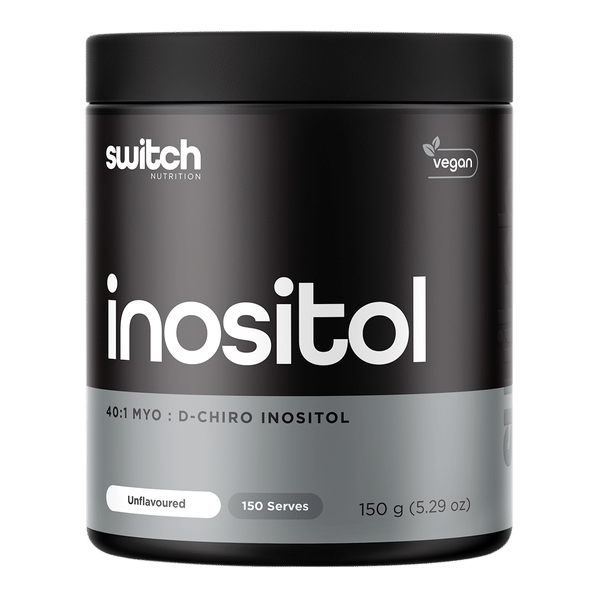
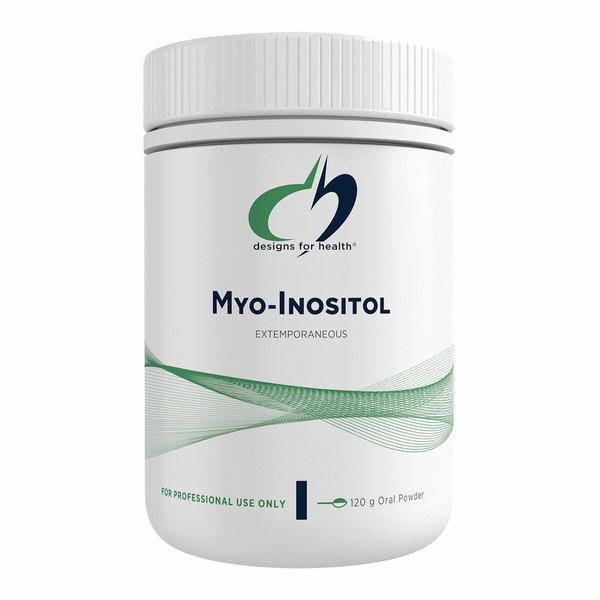
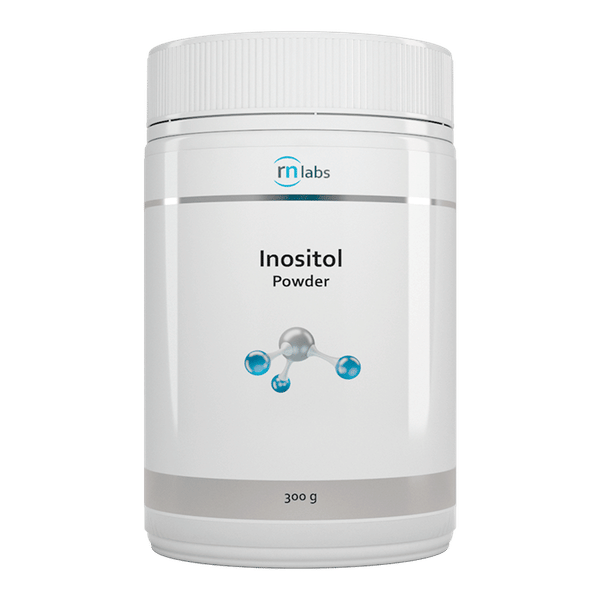
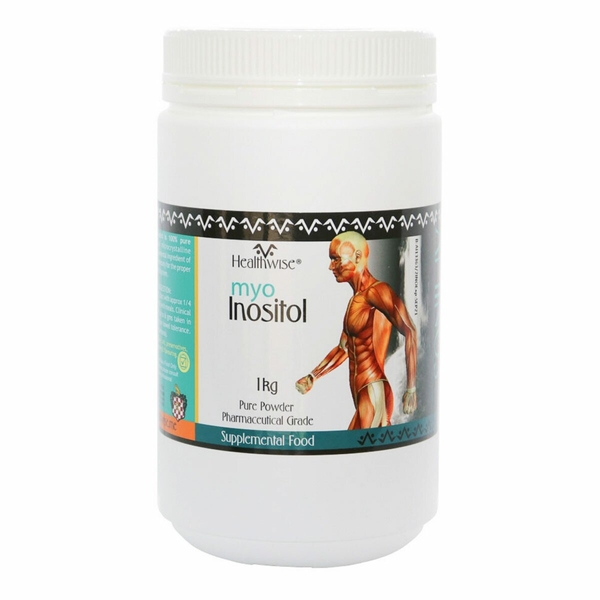
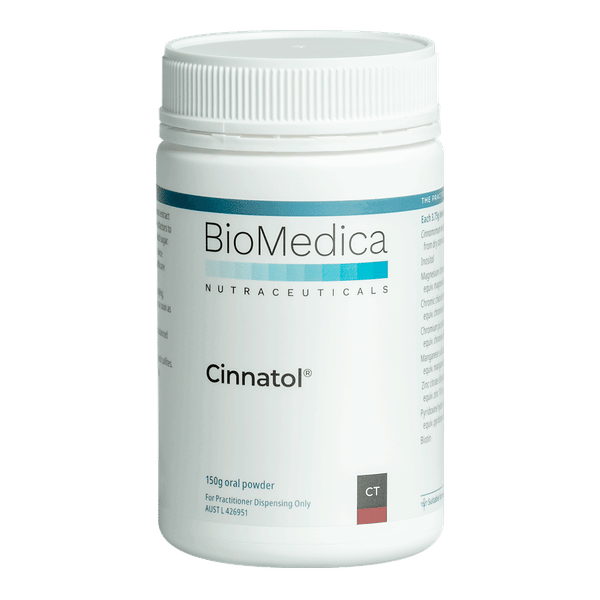
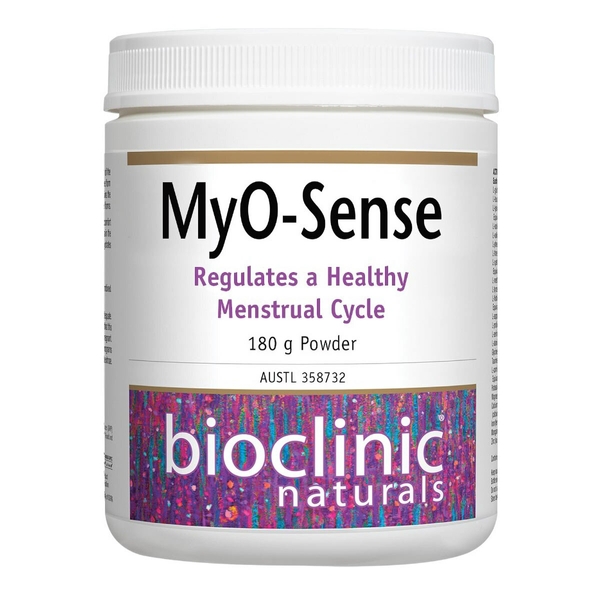
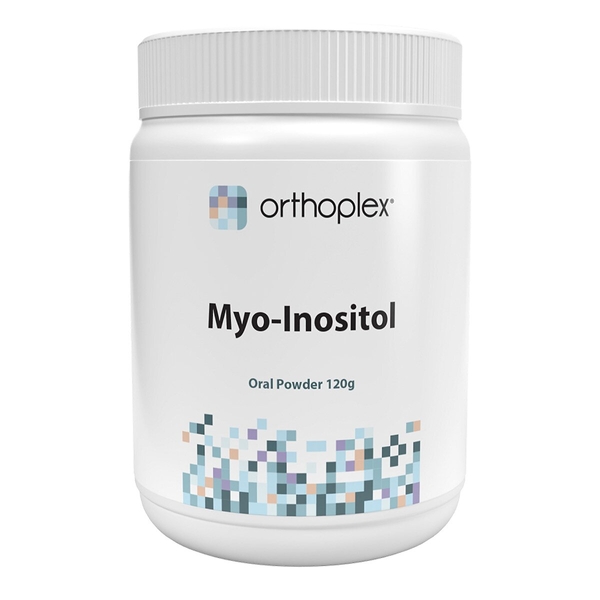
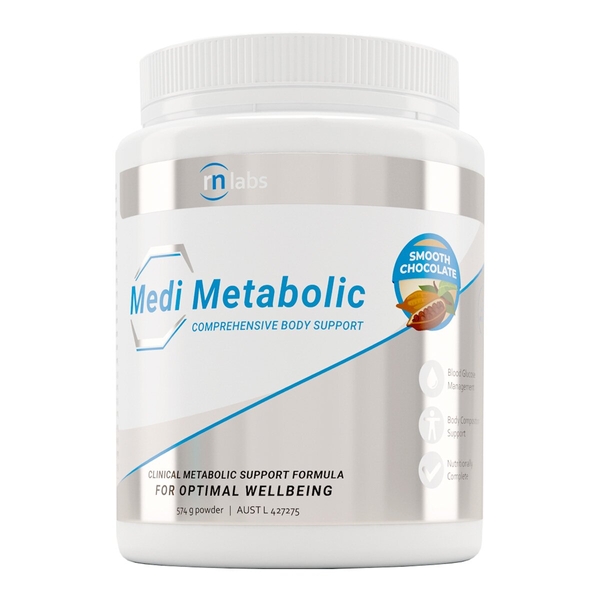
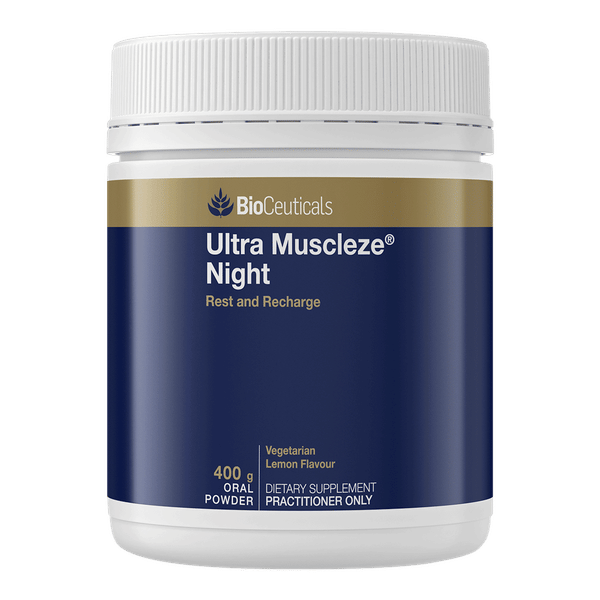
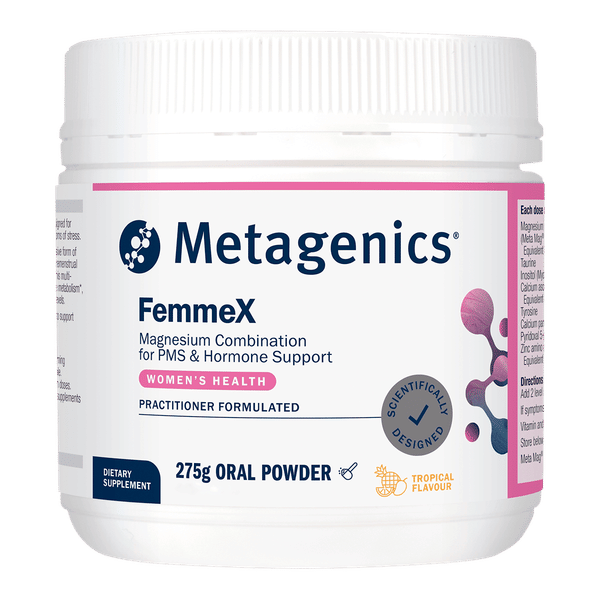
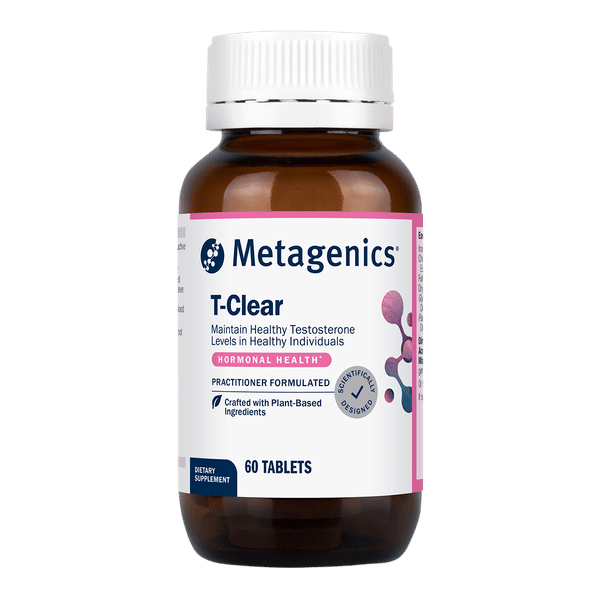
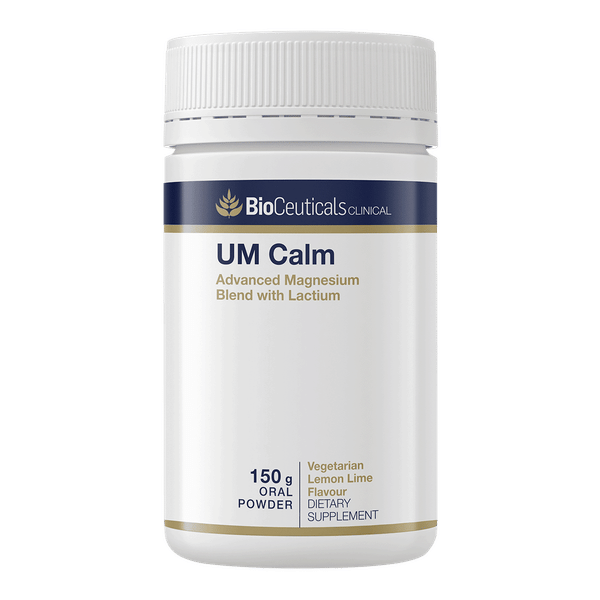
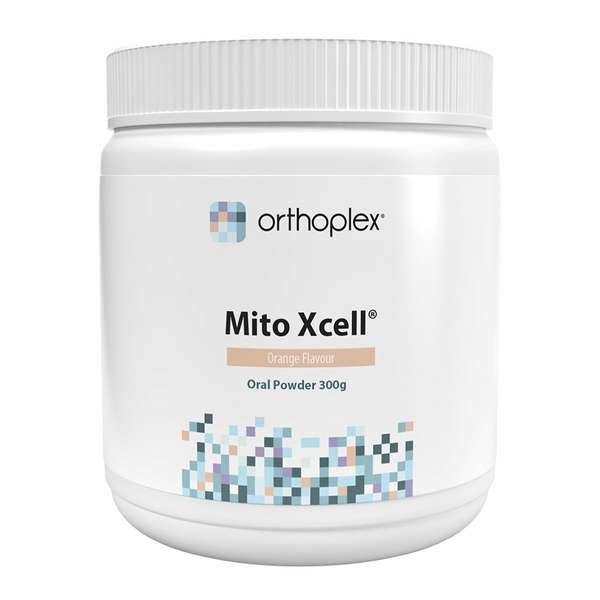
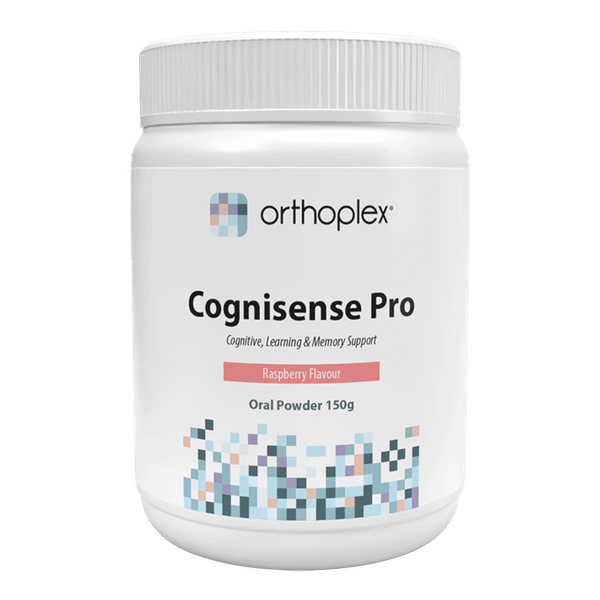
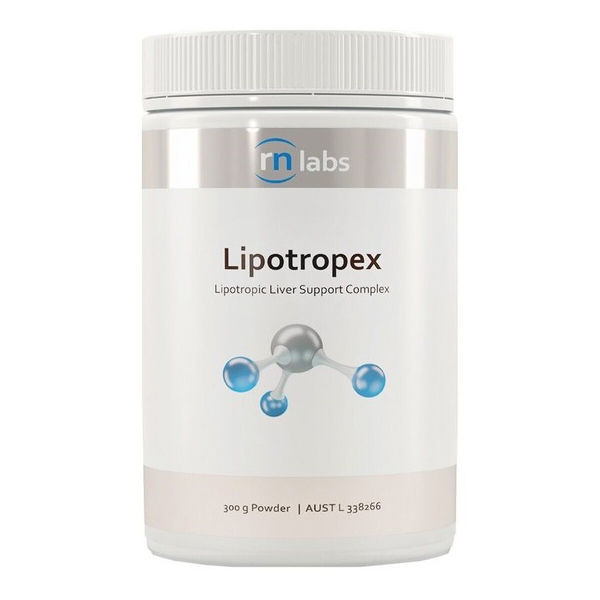
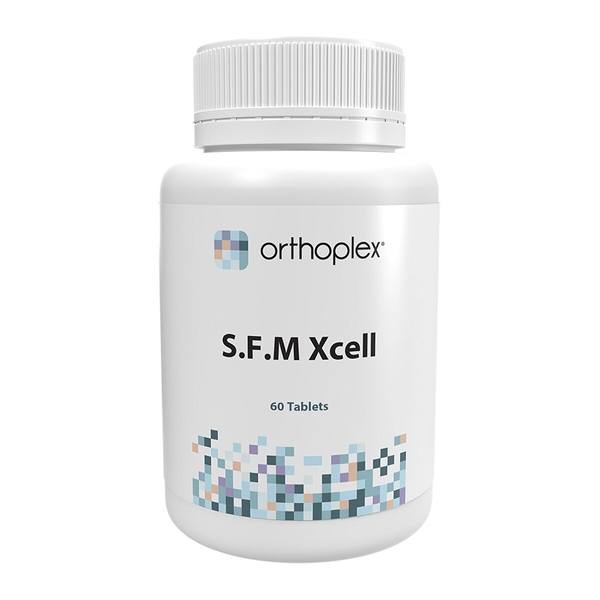
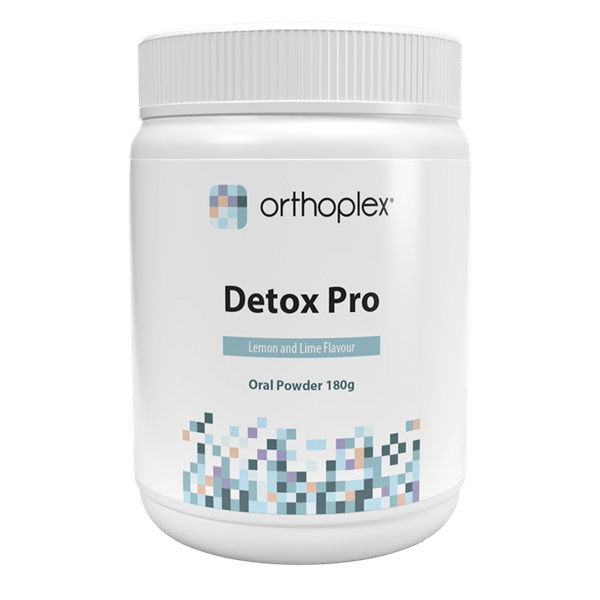
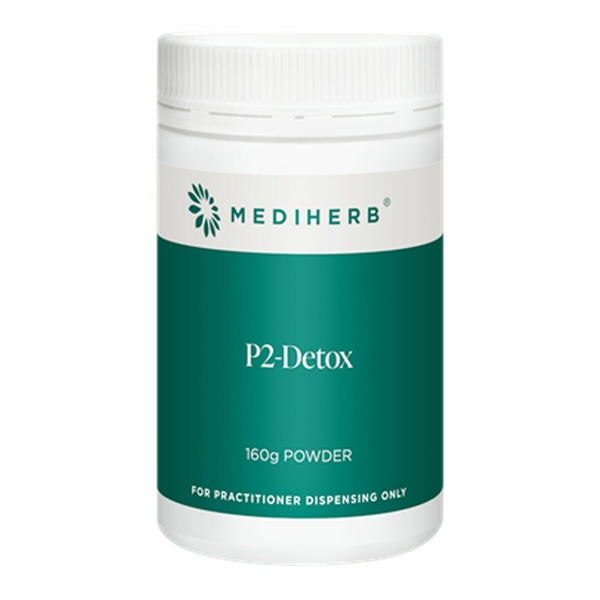
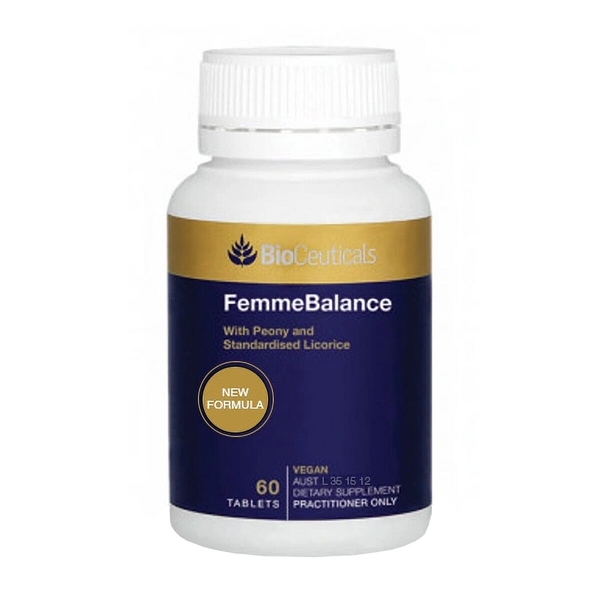
.png)

